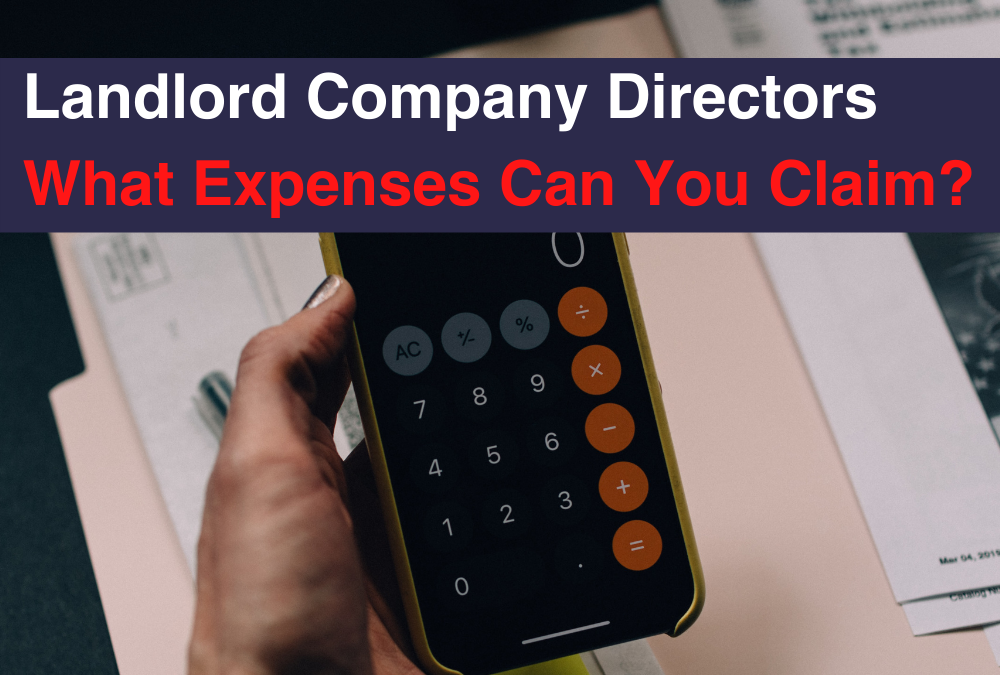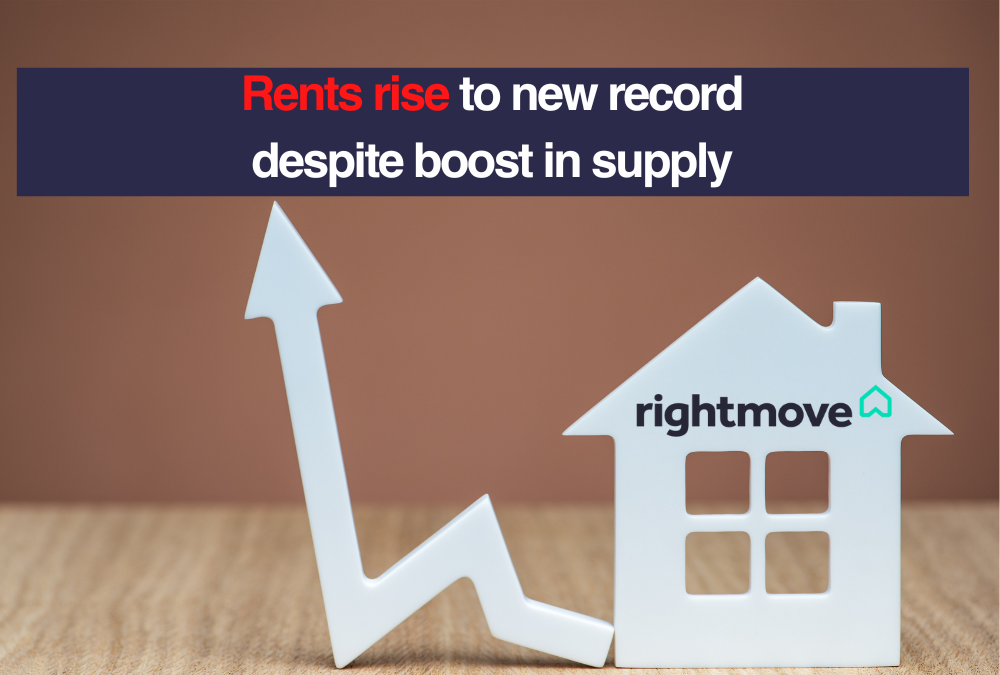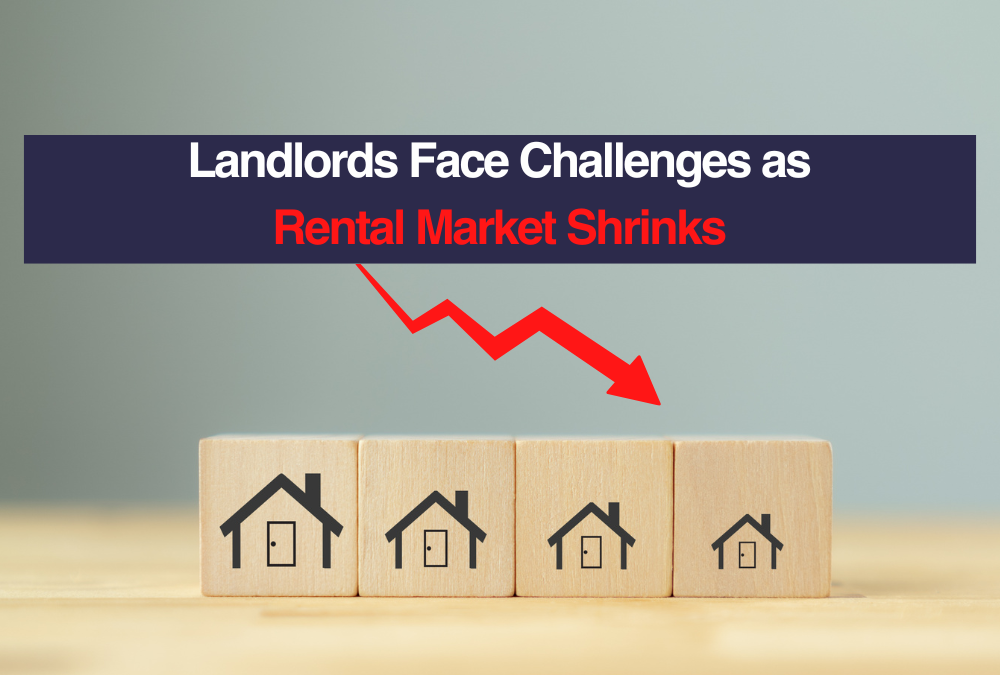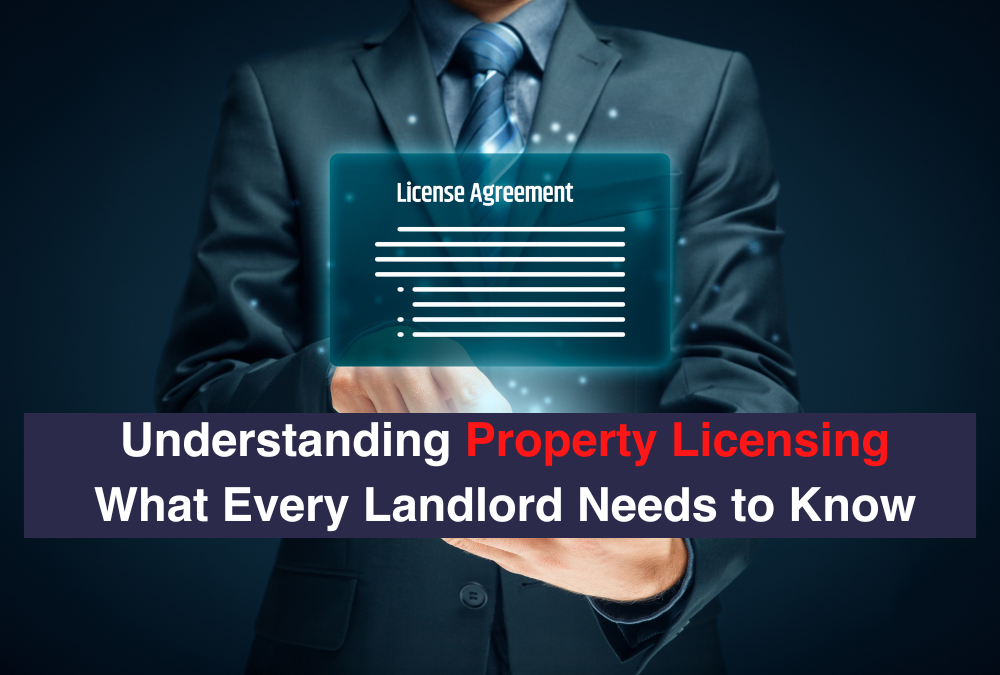It used to be the case that only a tiny minority of property investors would buy a house through a limited company. With various changes, especially in regards to mortgage tax relief over the past few years though, that number has grown substantially.
The main reason for buying a residential property through a limited company is tax efficiency. If you are a higher rate taxpayer renting out a property as a private individual, you will pay up to a whopping 45% of your rental income in tax. But to do so as a limited company and you will pay corporation tax at 19%.
We look at the allowable expenses your limited company can claim for tax purposes, how you can claim and what you should keep an eye on to ensure you stay on HMRC’s good side.
General Rule
When it comes to claiming business expenses for your limited company, there are a few rules you should follow:
- For expenses to be deductible for tax purposes, they must be ‘incurred wholly, exclusively and necessarily in relation to performing the role’. The whole question of what is ‘necessary’ is one of the greyest of UK tax’s notorious ‘grey areas. Technically though, it is a director’s status as an employee that determines which expenses are deductible for tax purposes.
- You can’t claim for expenses that have a dual purpose for business and personal use. For example, if you visit your property and decide to extend your stay for leisure purposes, you can only claim for the business days, not the additional leisure days.
- Business expenses can be paid through your company’s bank account, or you can reclaim the costs of business expenses paid by you and later reimbursed via your company.
- The majority of limited company expenses can be offset against your company’s corporation tax
- Try to maintain an accurate record of pre-formation and running costs, including VAT receipts, so you can justify your actions if you’re queried about your business expenses claims in the future.
How to Claim Expenses as a Limited Company
You can either pay your limited company’s expenses straight from your business account or as a reimbursed expense if you decide to fork out from your own pocket.
Employees can claim expenses too and remember that every director is also an employee of the company.
How to Keep a Record of Limited Company Business Expenses
You need to run a tight ship when it comes to keeping track of your limited company’s expenses. Whether it’s business mileage, fuel costs or equipment, it’s important to keep physical and digital copies of all relevant receipts. You might want to create an expenses spreadsheet which you can update and amend throughout the year.
Limited Company Expenses You Can Claim
Your Salary
As a director of a limited company, you can choose to pay yourself (and any other director) a salary as an employee of your business. This, and the corresponding National Insurance Contributions (NIC), can be claimed as allowable expenses. Bear in mind that once you reach the National Insurance threshold, you’ll have to start pay NICs.
Travel & Subsistence
Visiting your property to carry out an inspection or perform a repair? Travelling for a meeting with a contractor? If you’re using your own car, you can claim 45p per mile (for the first 10,000 miles and 25p for every mile thereafter).
Make sure you keep a log of every journey (date, from, to, distance, purpose, vehicle etc.). There are plenty of apps these days as well that log journeys and help you keep on top of mileage.
It doesn’t stop at mileage, however. Other costs incurred whilst travelling on business may include – parking, road tolls, congestion charges, vehicle hire charges, public transport, or the cost of temporary accommodation. Make sure you keep your receipts for everything!
Professional Development
Do you pay for a property mentor, a membership to a networking group or professional body, or even purchase property investment books? Well, chat with your accountant, because these expenses might be tax deductible if the business benefits directly.
Working from Home
Do you run your property empire from your home office? You may be able to claim a flat rate (£6 per week) as an allowable business expense.
Alternatively, there are more detailed computations that are often more generous than the weekly allowance. The allowable expenses you can claim for will vary depending on the situation, but you can typically claim for utilities and other household expenses.
You could even charge rent, although this is a very complex area, and we would recommend consulting an accountant before you set up a rental agreement.
General Office Expenses
You can claim for basic office expenses, such as postage, stationery, printing costs and other consumable office supplies. Just make sure the expenses claimed are solely for the purpose of running your property business.
Equipment
You can claim for certain software, equipment (think laptops, printers, and phones), and office furniture.
Don’t go crazy here though. Keep in mind the general rule – expenses must be incurred wholly, exclusively, and necessarily in relation to performing the role – so you can’t really deduct your new £3,000 MacBook Pro for reading the odd email from your letting agent who’s managing just a single Buy-To-Let!
Mobile Phone
If your mobile phone contract is between your company and mobile phone provider, and is used for solely business purposes, you can claim the entire bill as an allowable expense.
If you have a personal contract, you can claim for the costs incurred for business calls and you’re also able to reclaim the VAT element of the business calls.
Landline
If your landline contract is solely for business use, you can claim the cost as an allowable expense. You can also claim for business calls you’ve made using your home phone line.
Broadband
If your residential broadband contract is in your company’s name, you can claim a full deduction for the expense provided that personal use of the broadband connection is ‘insignificant’. If the connection is used for both business and personal purposes, you’ll need to pay a benefit in kind charge on the amount paid for by the company.
If you have a personal broadband plan, you can claim for the costs of using the broadband connection for business activities. You’ll need to show your business and personal usage separately, such as providing a copy of an itemised bill.
Annual Staff Party
Whether it’s a Christmas shindig or a staff summer party, the costs of entertaining your employees can be claimed as a business expense as long as it’s an annual event open to all staff members and costs less than £150 per person.
The main purpose of the event is to entertain your staff members – as a director you are a staff member, and if there are 2 or more of you…well, don’t get too tipsy!
Gifts and Trivial Benefits
You’re not required to pay tax and NI or let HMRC know about gifts or benefits for an employee (you) if it’s £50 or less, it isn’t cash or a voucher and is not a reward for performance. Treat yourself (and any other director) to a gift card annually and put it through as an expense!
Pension Contributions
If you establish an agreement with a pension provider, you can pay into your pension pot and get 100% tax relief as a limited company expense. Be aware that there’s a £40,000 limit on how much money you can add in tax-free to a pension scheme via your business or personally.
We recommend speaking with a financial advisor for personalised advice before you make any contributions.
Costs of Forming Your Company
The costs that you incur for setting up your company can be claimed as allowable expenses.
Common pre-formation business expenses include laptops and computers software, internet and domain name fees, travel costs, as well as professional services such as accounting and legal help.
Again, just remember that the expense must be solely for the purpose of setting up your property business.
Financial and Legal Expenses
Professional fees – The costs incurred for engaging professional services – such as hiring an accountant, lawyer, or architect – can be claimed as an allowable expense, as long as these services are carried out solely for business purposes.
Bank charges credit card fees and other financial costs, for example interest on loans can be claimed as business expenses.
Remember, the golden rule when it comes to working out what allowable expenses you can claim for your limited company: they must be incurred wholly, exclusively and be necessary for the running of your business. For help working out what allowable expenses your property company can and can’t claim, get in touch with an accountant for advice to make sure everything is above board.
Please see the most up to date government guidance on directors expenses here.
This article is written in good faith according to our research, however, we are not tax experts and cannot be held accountable for any discrepancies. Always speak with an accountant for professional advice on tax matters.
Whether you are a self-employed landlord or a limited company landlord, Horizon Lets would love to help you make the most out of your investments and property management in Sheffield.
Related Articles
- Property Investment Strategies; The Pros & Cons
- How To Be A Successful Property Investor
- Buy Your First Buy To Let Property
- Sheffield is a BUY-TO-LET HOTSPOT
- Landlord’s Guide to Letting Property








